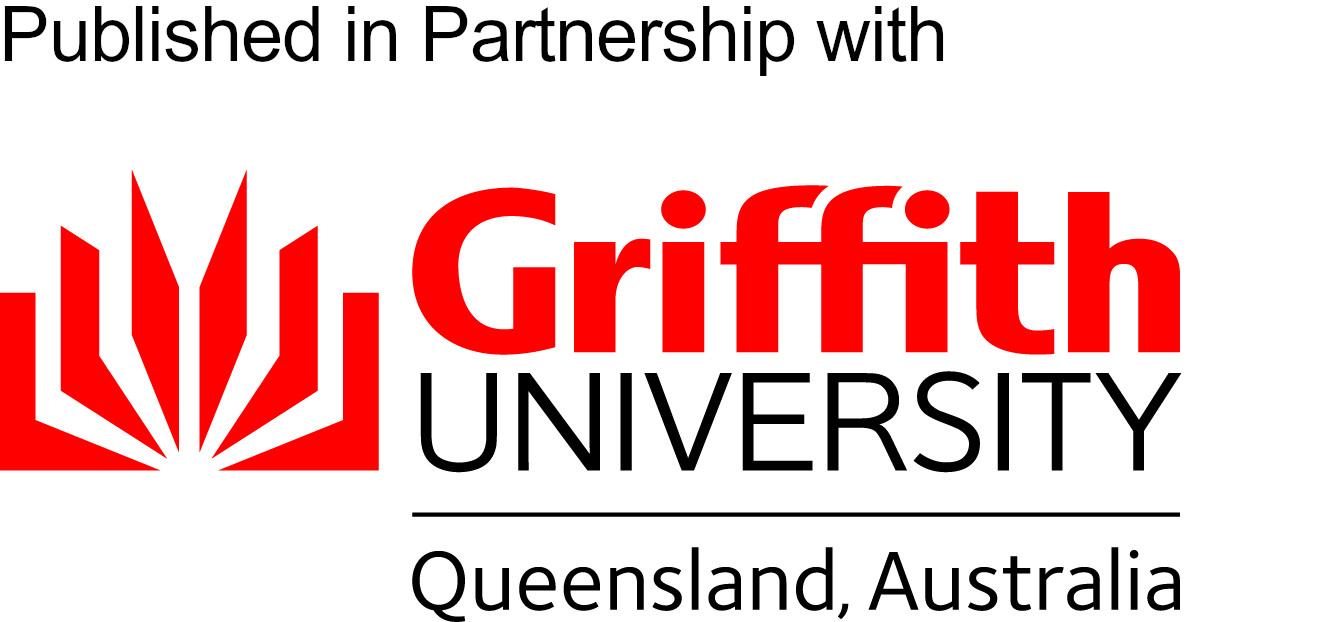Nancy Cato at Noosa
DOI:
https://doi.org/10.1017/qre.2017.37Keywords:
Nancy Cato, Noosa, environmental activism, writing, eco-criticism, natural worldAbstract
Nancy Cato (1917–2000) was born in Adelaide and lived there for the first half of her life. Moving to Noosa in 1967, she became known for environmental activism as well as her writing. Through research for her historical novels set in Tasmania and on the Murray River, as well as her travels in Central and Northern Australia, she developed a strong interest in Aboriginal and Torres Strait Islander peoples. She published poetry, stories, plays and journalism, as well as novels set in the Northern Territory, North Queensland, the Riverland and Tasmania. She had a painter’s eye as well as a gift for lyrics and a lifelong interest in storytelling. With the emergence of eco-criticism, we can now see her diverse career as a writer as cohering around her love of the natural world and her curiosity about how human beings lived in it. This article considers her writing about her adopted country around Noosa.
References
Much of the biographical material here is drawn from ‘Nancy Cato’ in Giulia Giuffre, A writing life: Interviews with Australian women writers (Sydney: Allen & Unwin, 1990), pp. 151–67. As well, I am grateful to Nancy’s daughter, Bronley Norman, for a long and interesting conversation at her home in April 2016, when she confirmed and added to this information.
Cato told an interviewer, ‘I was never a Jindyworobak’ but admitted that Ingamells’ interest in the Dreamtime was an influence. See Giuffre, A writing life, p. 162. There are traces of Jindyworobak ideas of the Dreaming in All the Rivers Run (1958): see Susan Sheridan ‘White women writing in the contact zone: Catherine Martin and Nancy Cato’, Australian Feminist Studies 27.73 (2012), 249–57.
Editorial, Noosa Blue 14 (1993), 1.
Giuffre, A writing life, p. 164.
AustLit entry ‘Nancy Cato’ sighted 18 December 2016.
Susan Sheridan, ‘Reading All the rivers run, Nancy Cato’s eco-historical epic’, Australian Humanities Review 55 (2013), 119–32.
Bryony Cosgrove (ed.), Portrait of a friendship: The letters of Barbara Blackman and Judith Wright, 1950–2000 (Melbourne: Miegunyah Press, 2007), p. 261.
Nancy Cato, ‘Uphill battle on ecology’, Canberra Times, 21 October 1971, 2. The Cooloola National Park came into being in 1975, but it was not made part of the National Estate by the Australian Heritage Commission until 1980.
Cato, ‘Cooloola’, Overland 48 (1971), 9–13.
Cato, ‘Cooloola’, 10.
Cato, ‘Cooloola’, 9.
Veronica Brady, South of my days: A biography of Judith Wright (Sydney: HarperCollins, 1998), pp. 232, 259–60.
Cato, ‘Cooloola’, 11.
Cato, ‘Cooloola’, 10.
Cato, ‘Cooloola’, 11.
Cato, ‘Cooloola’, 13.
Nancy Cato, The Noosa story: A study of unplanned development (Brisbane: Jacaranda, 1989 [1979]).
Cato, The Noosa story, p. 103.
Cato, The Noosa story, p. 140.
Nancy Cato, Brown sugar (London: Heinemann, 1974), p. 241.
Forefathers (London: New English Library, 1983), p. 631.
Overland 48 (1971), 12.
Judith Wright, Collected poems 1942–1970 (Sydney: Angus & Robertson, 1971), p. 140.
Quadrant 17.1 (1973), 79.
Overland 127 (1992), 41.
Overland 129 (1992), 32.
Published with ‘Study in black and white’ in Noosa Blue 14 (1993); ‘Villain’ was also published in Anne Chittleborough, Annie Greet and Sue Hosking (eds), Hope and fear: An anthology of SA women’s writing (Adelaide: CRNLE Flinders University, 1994).





